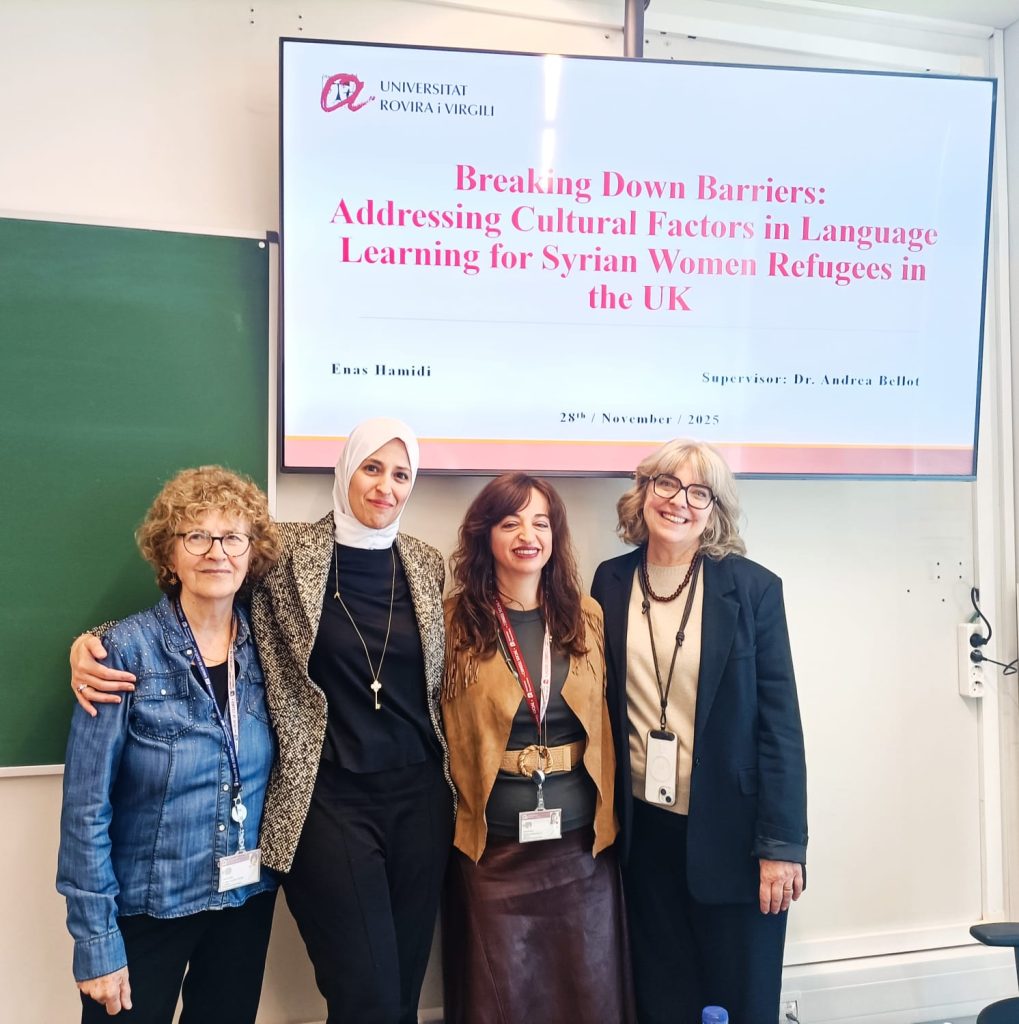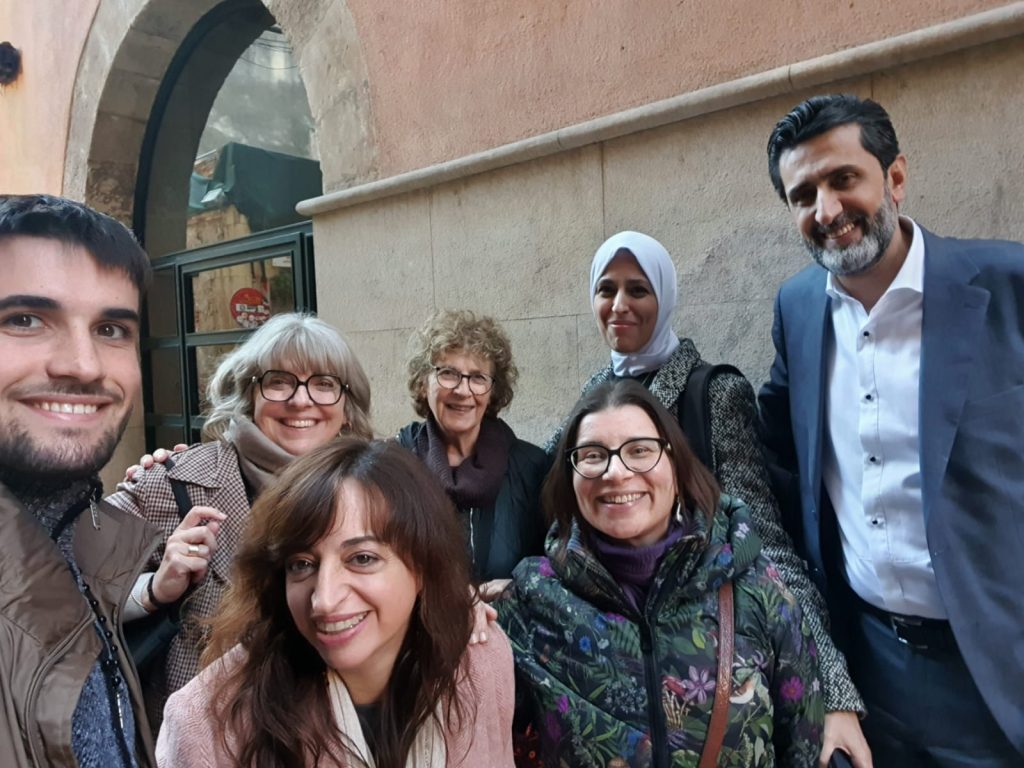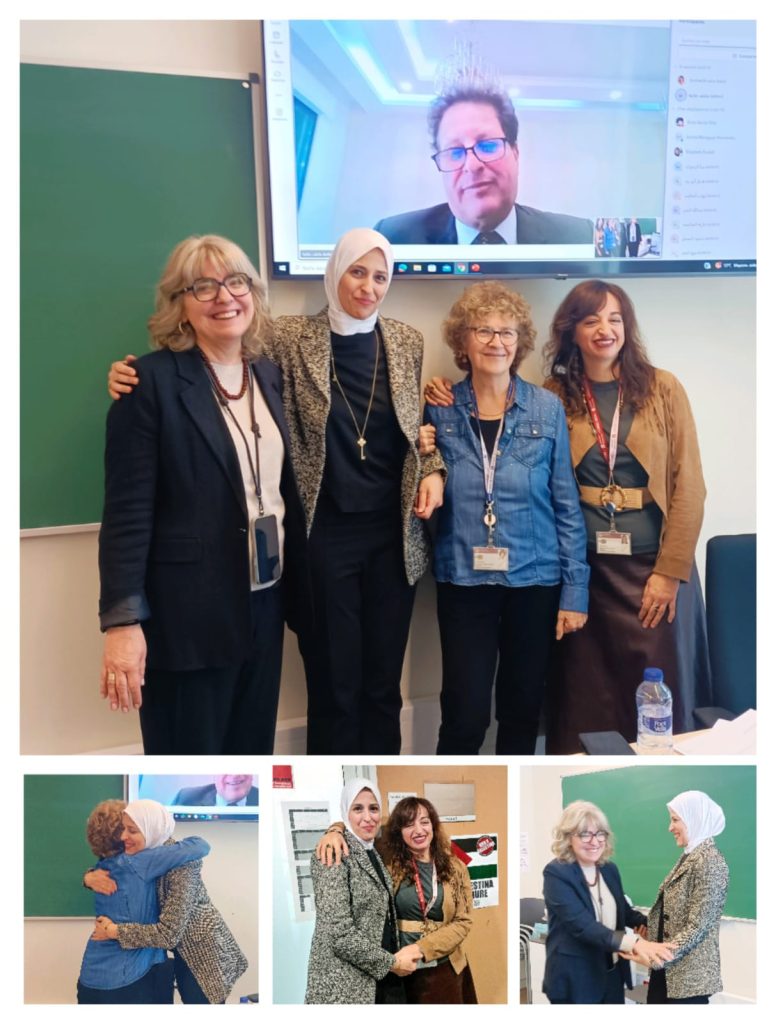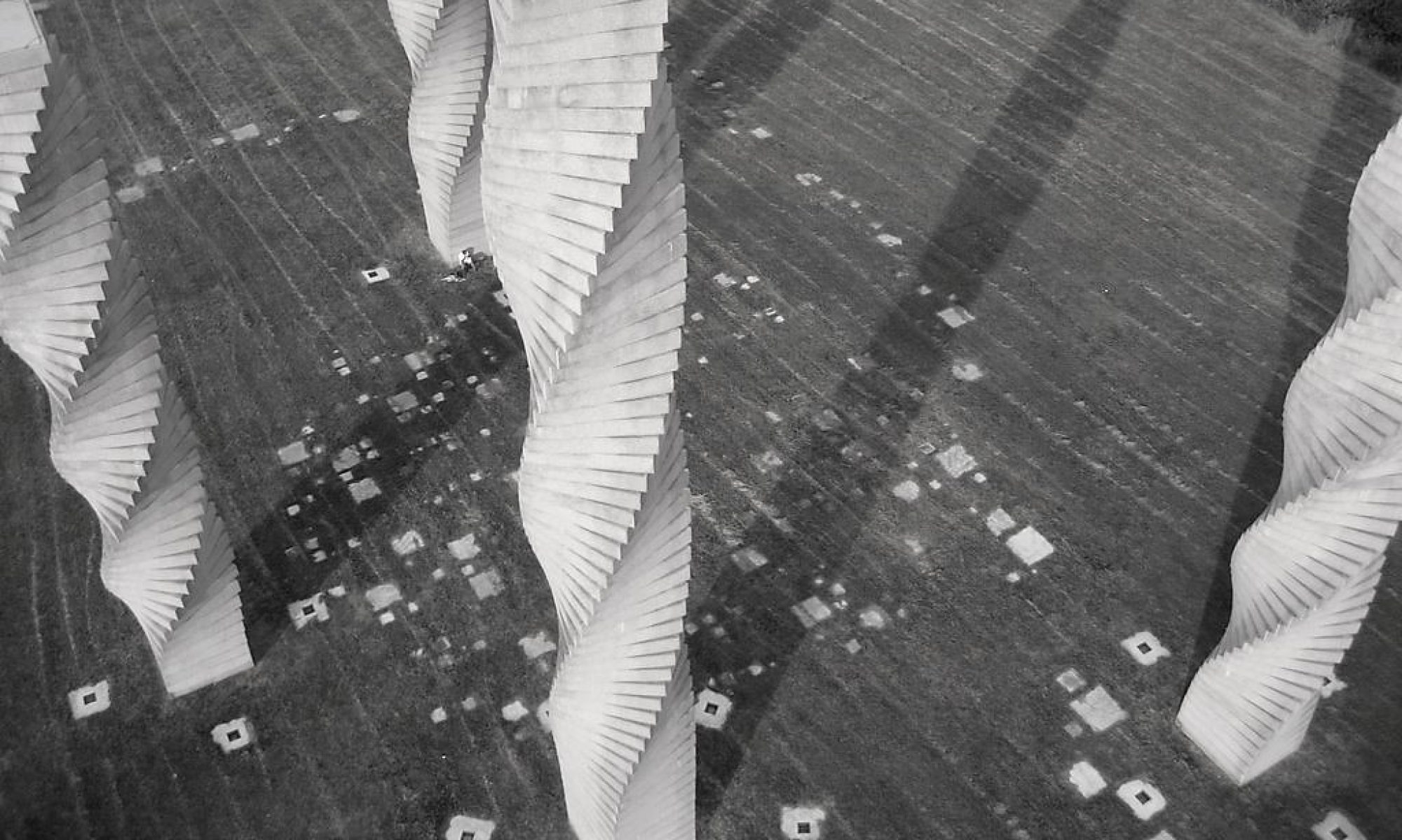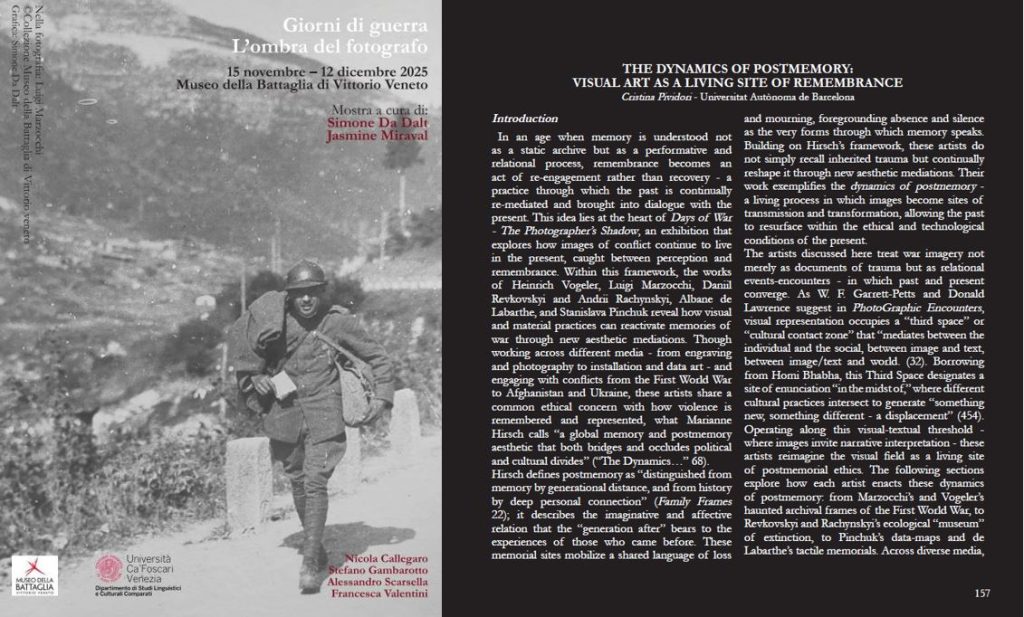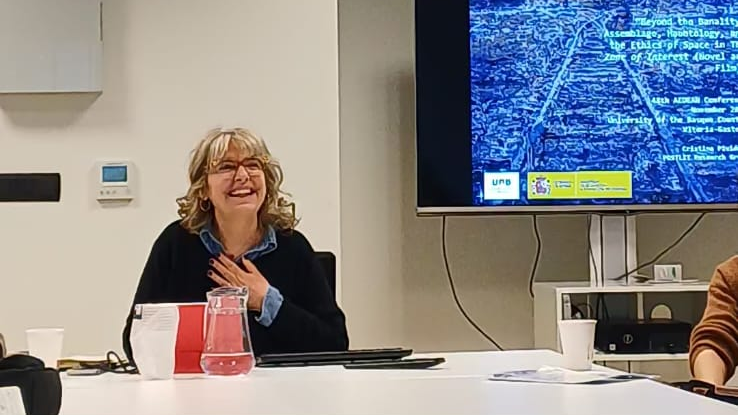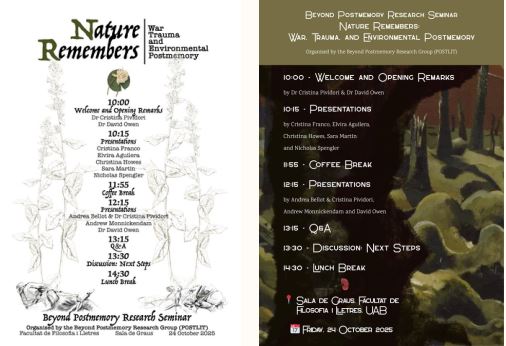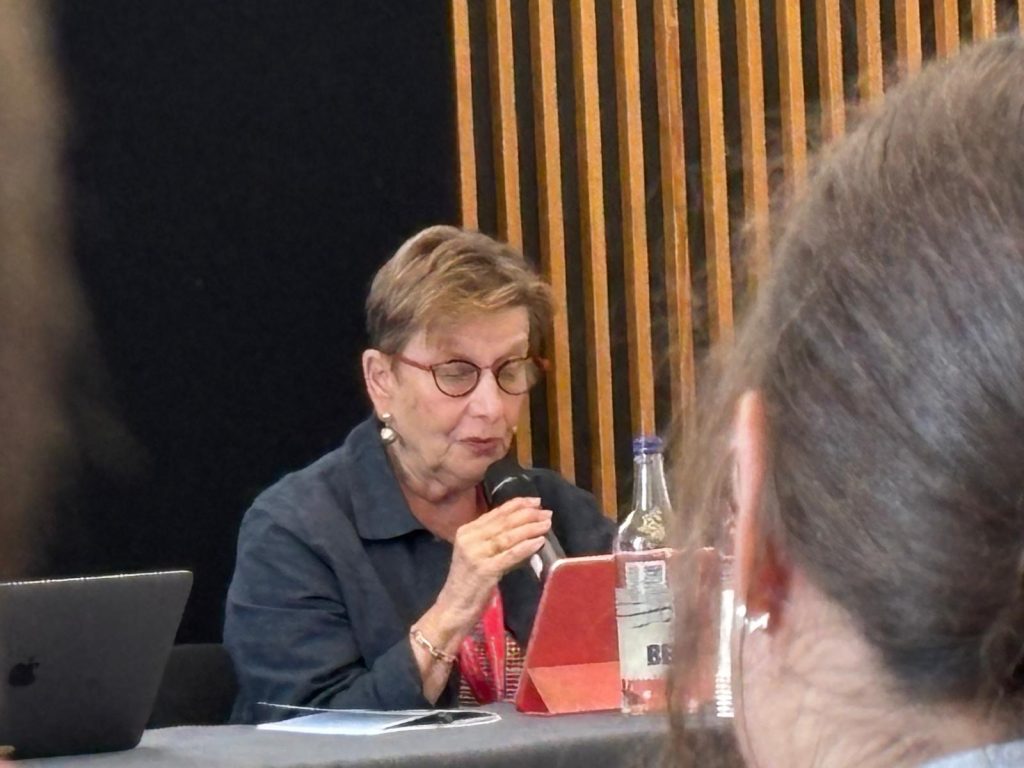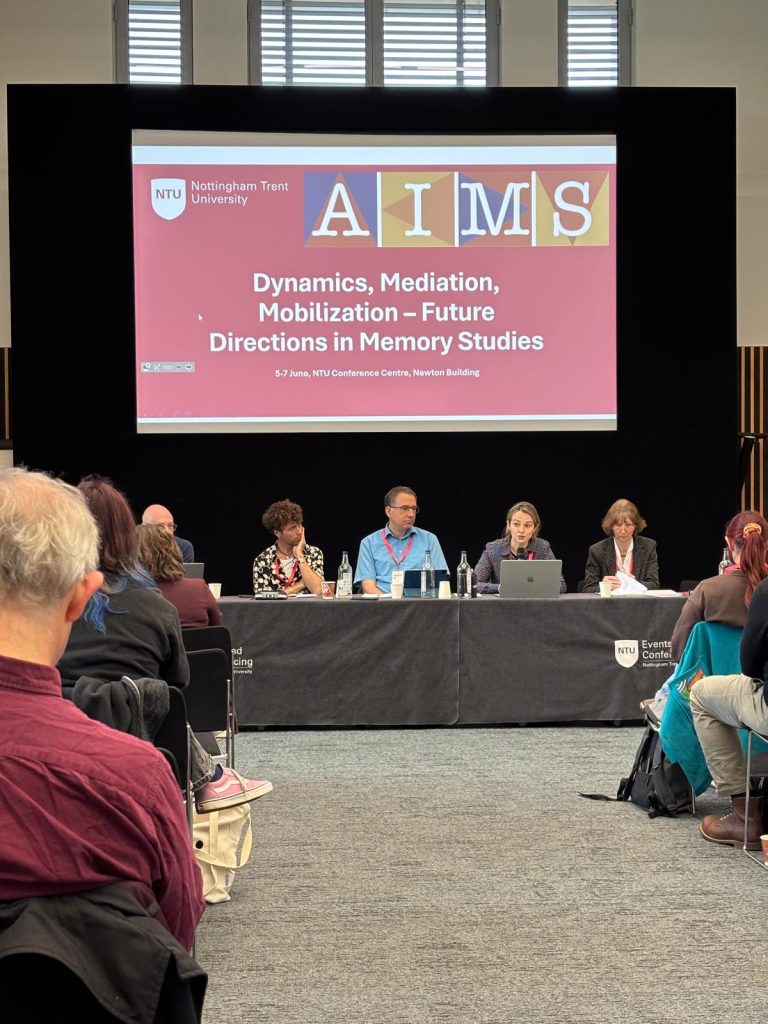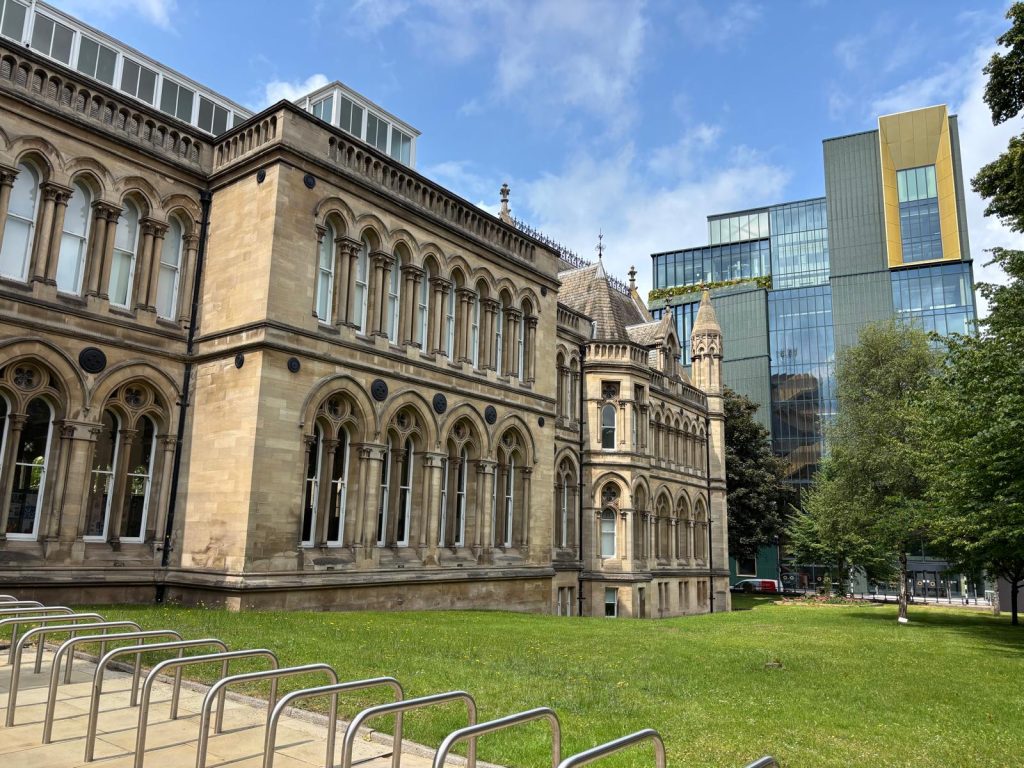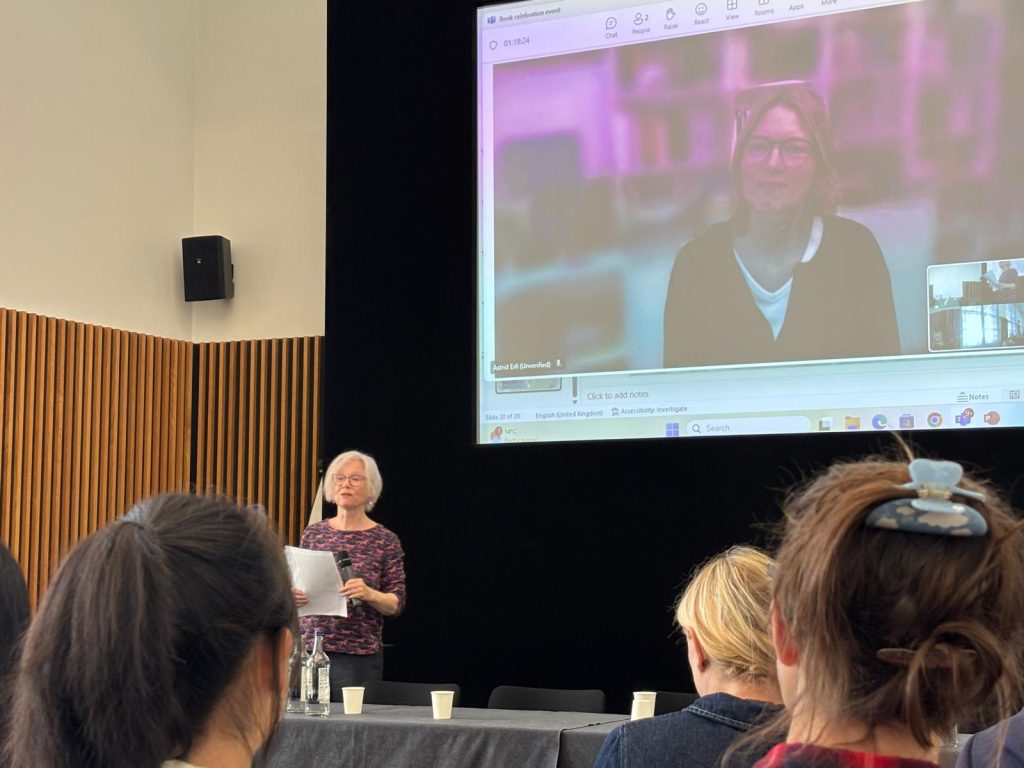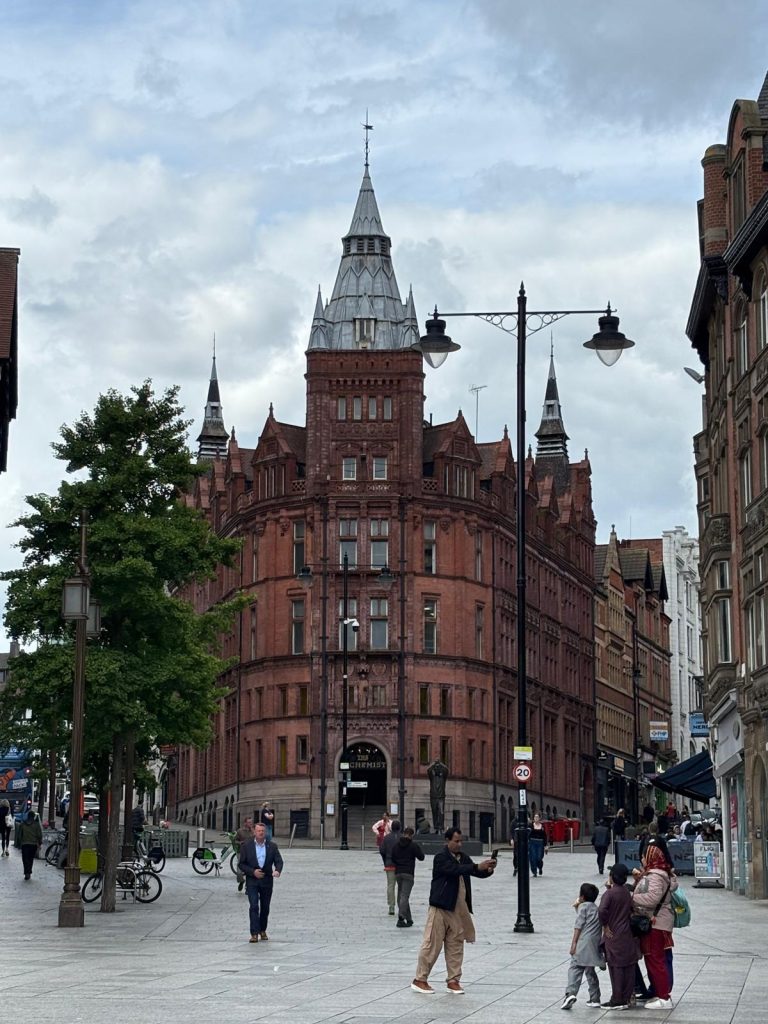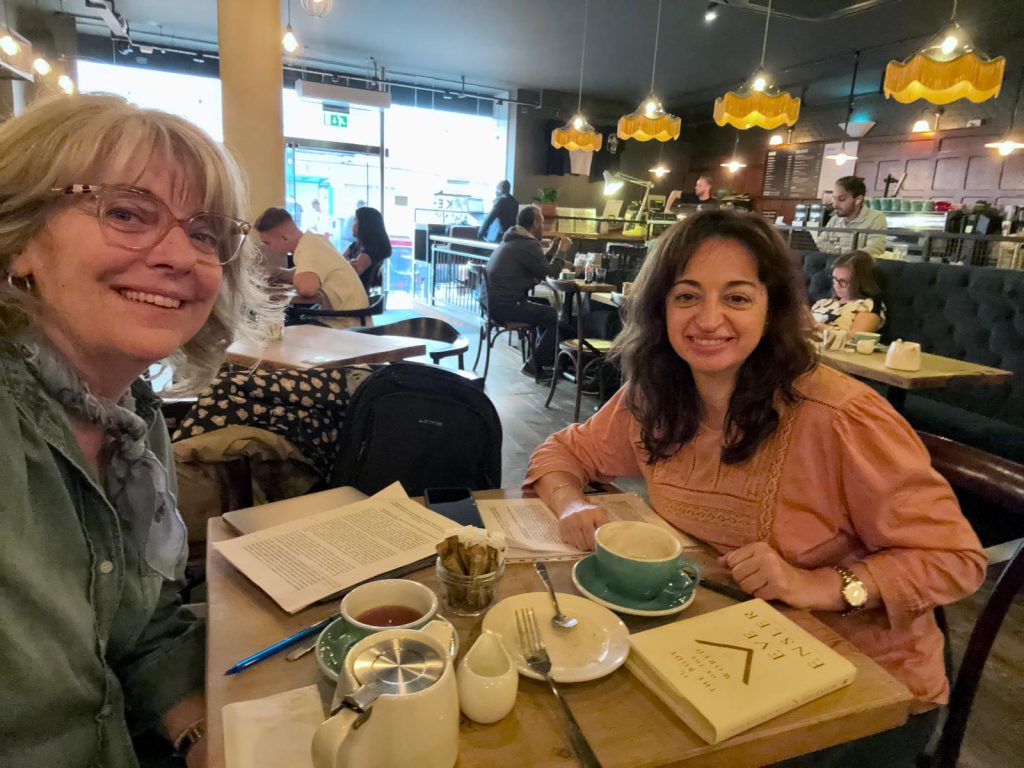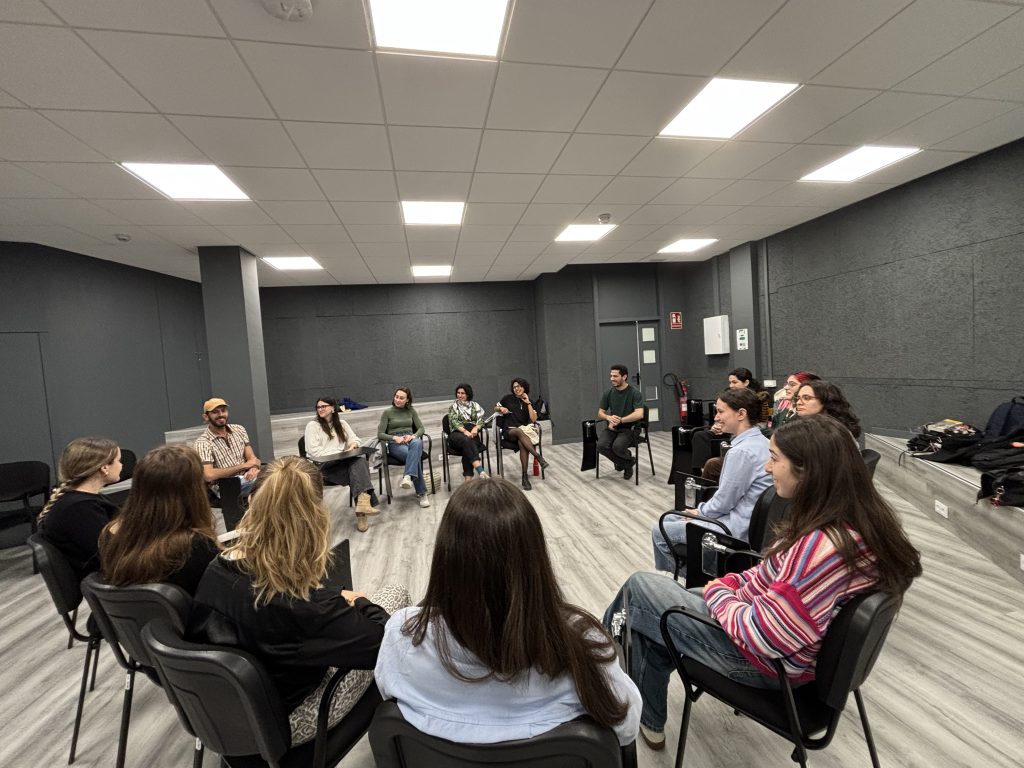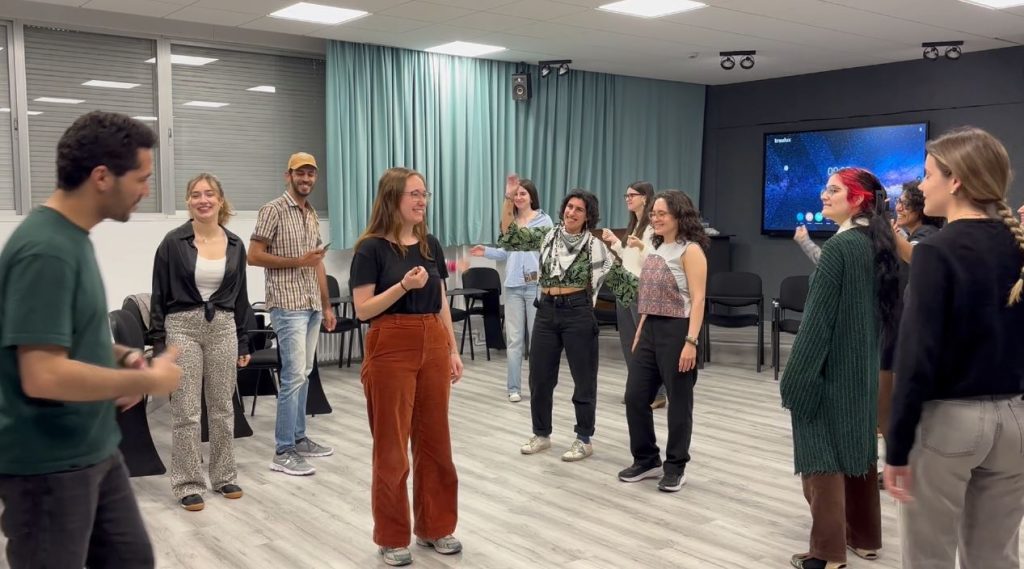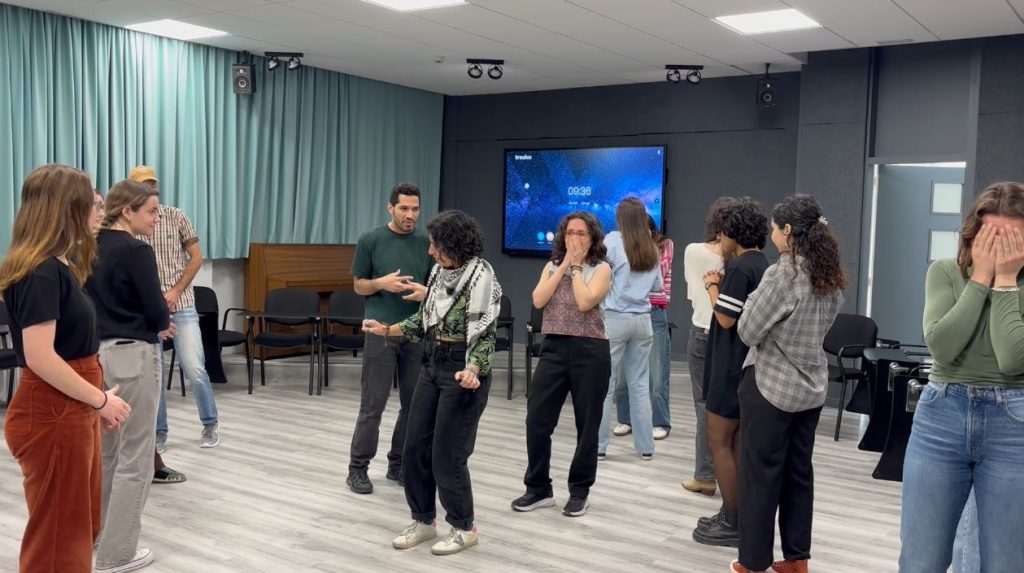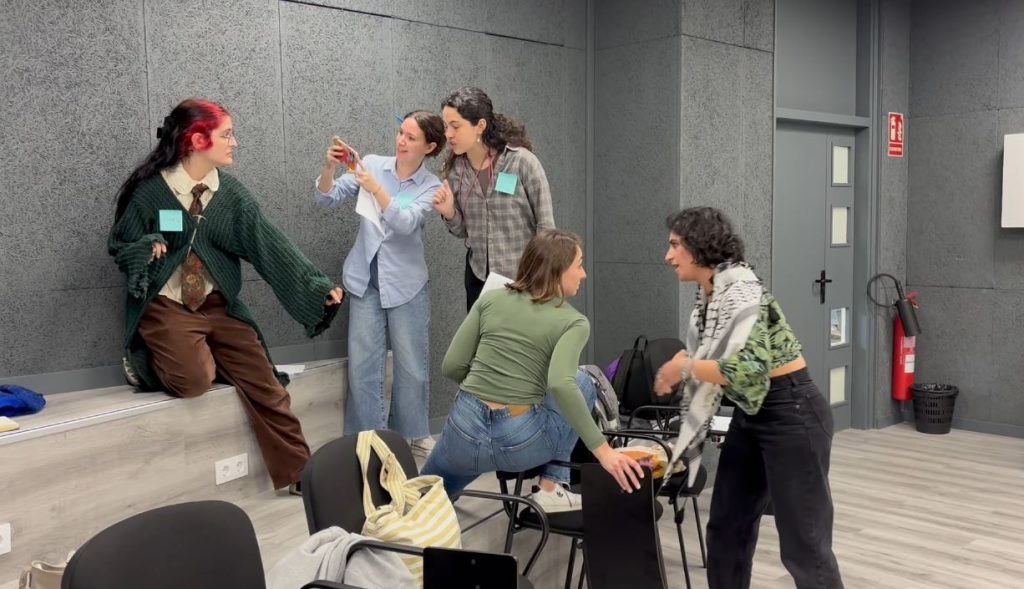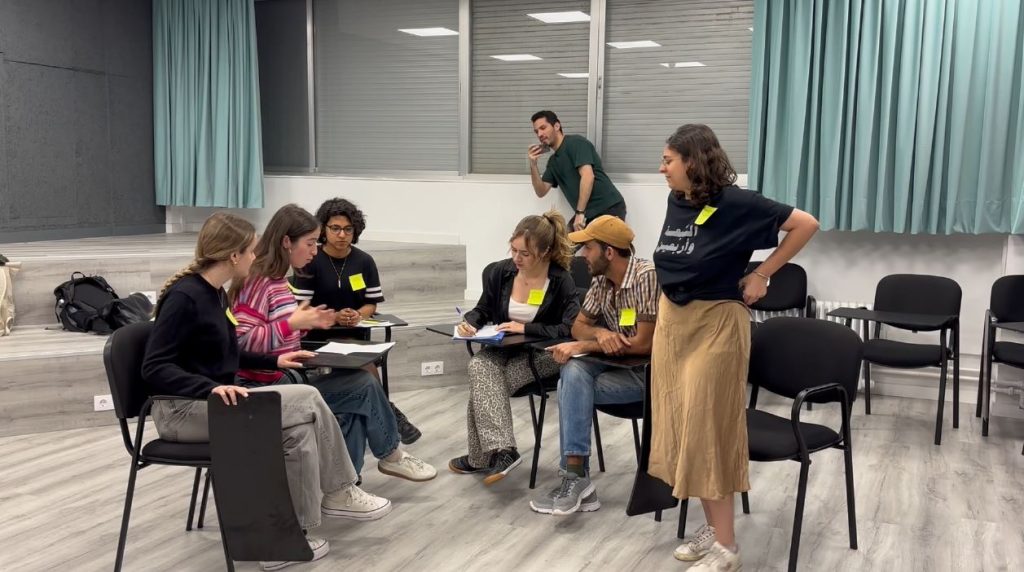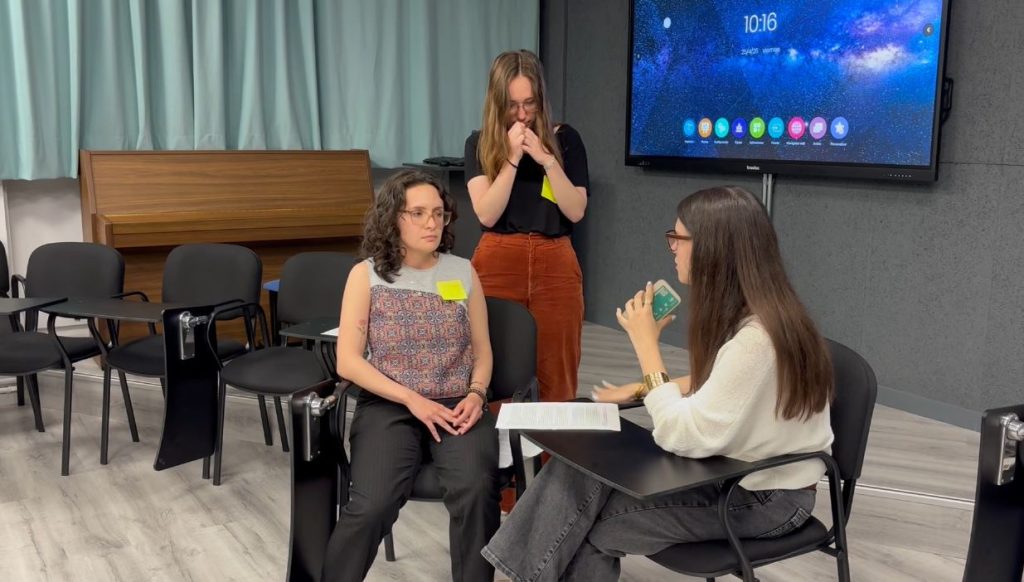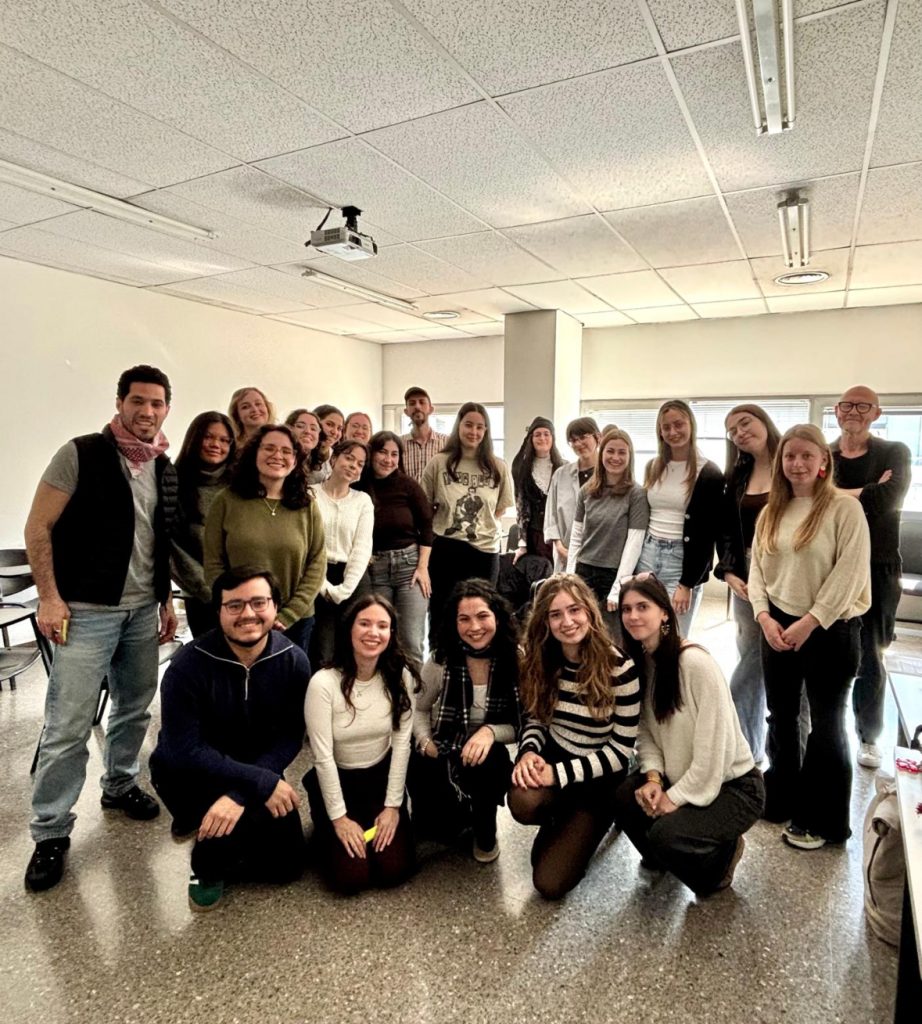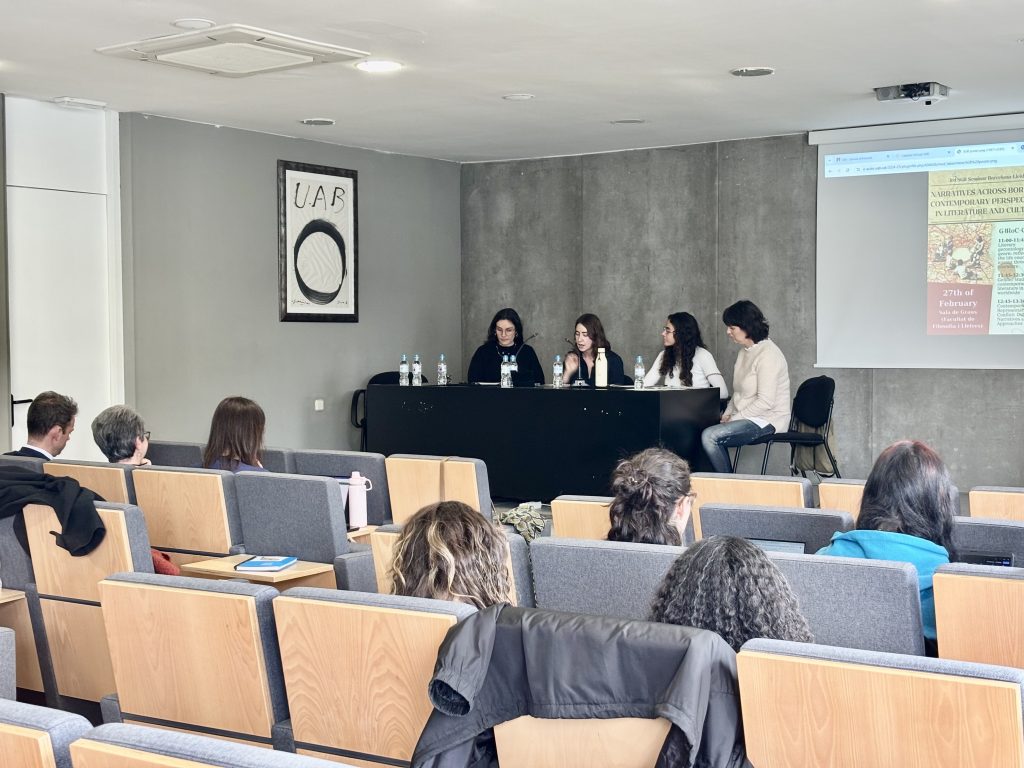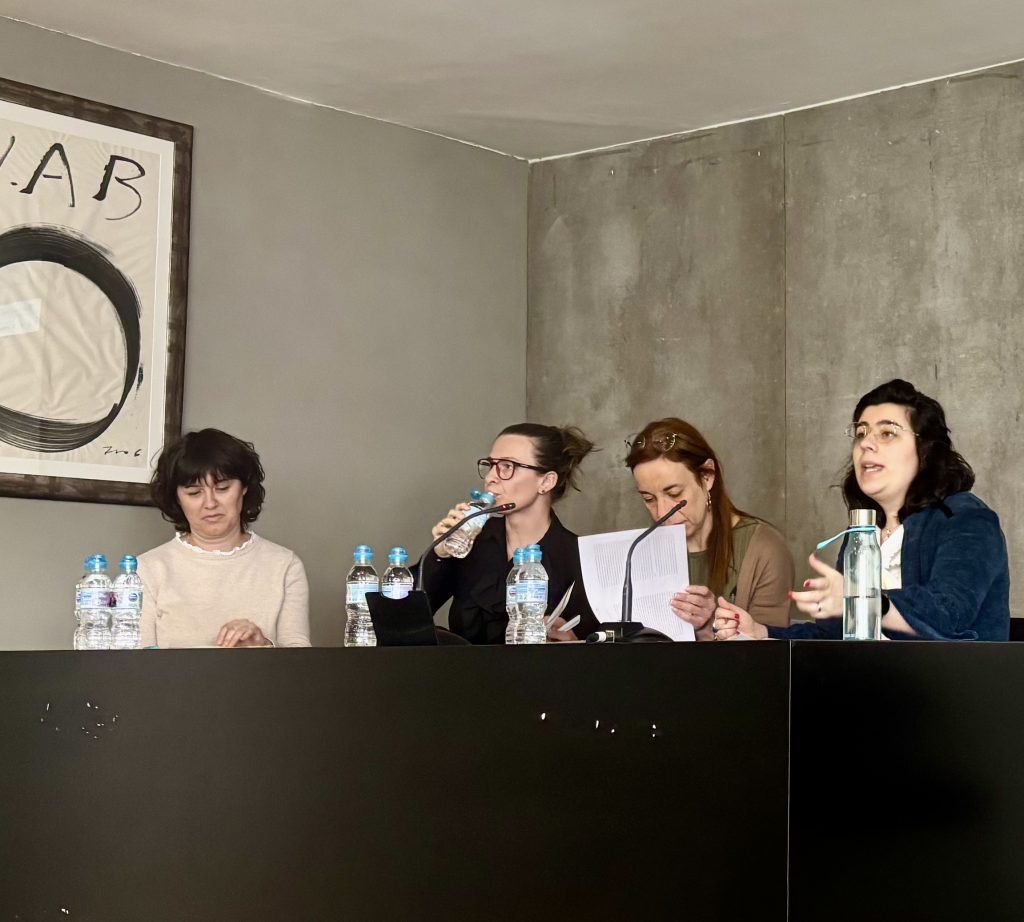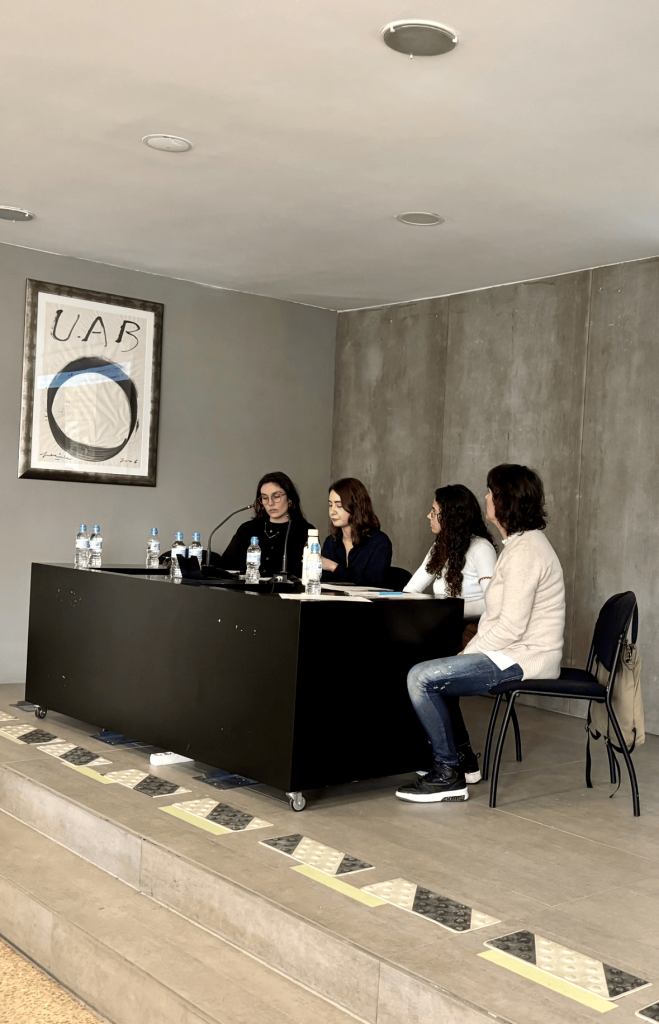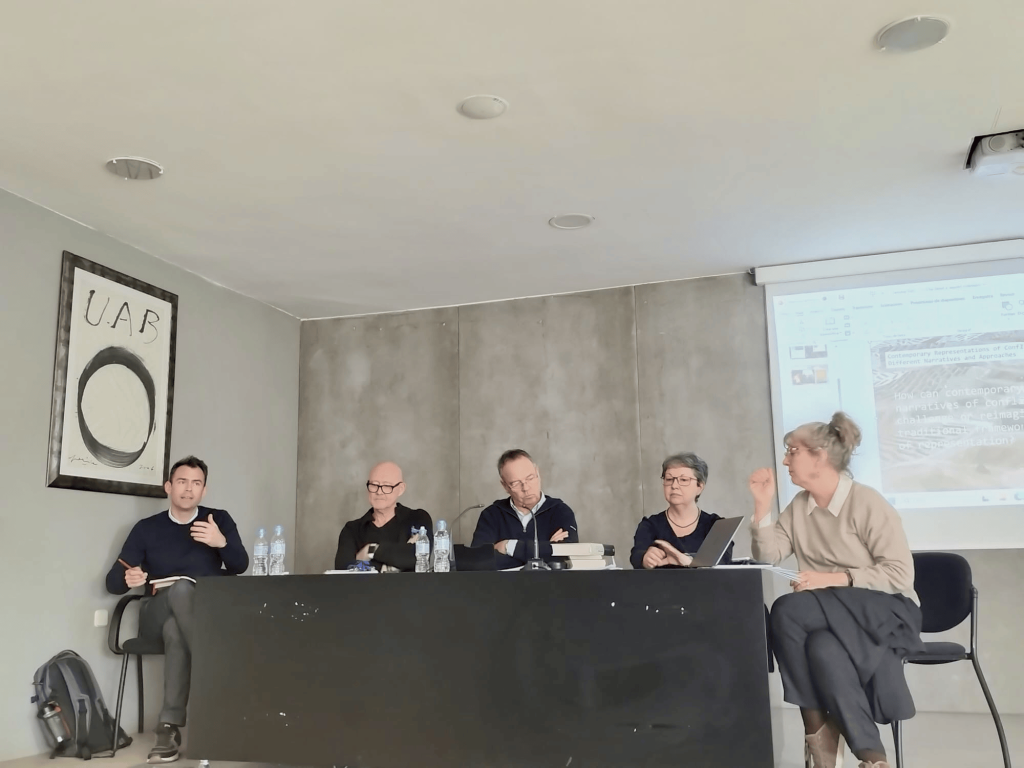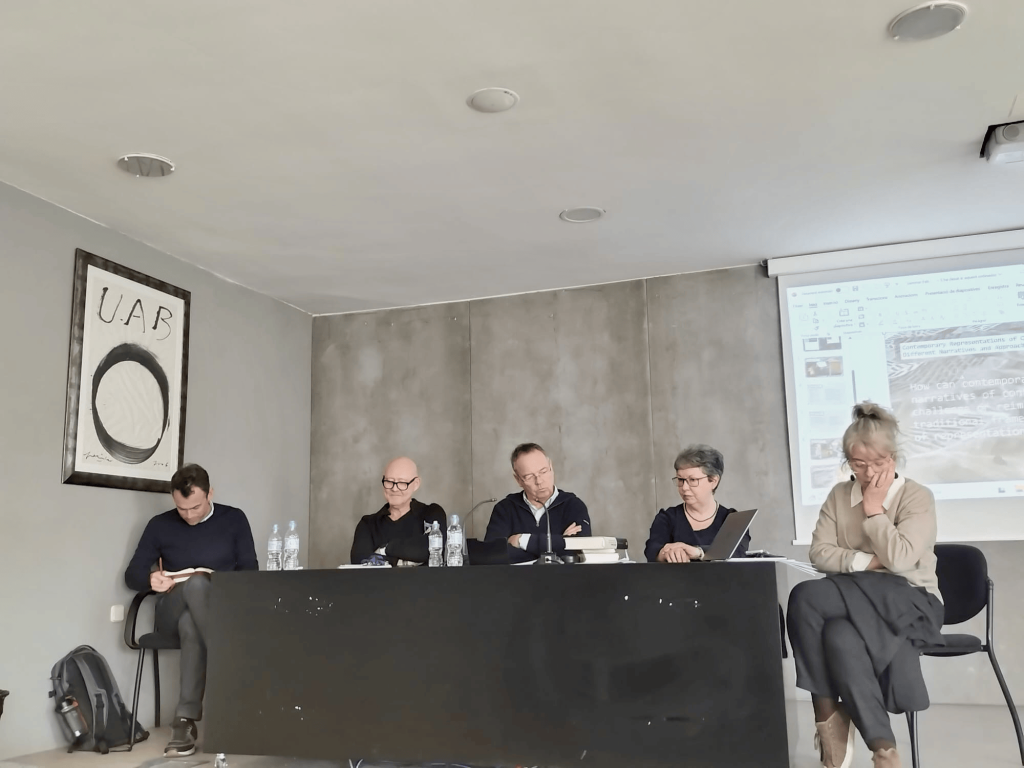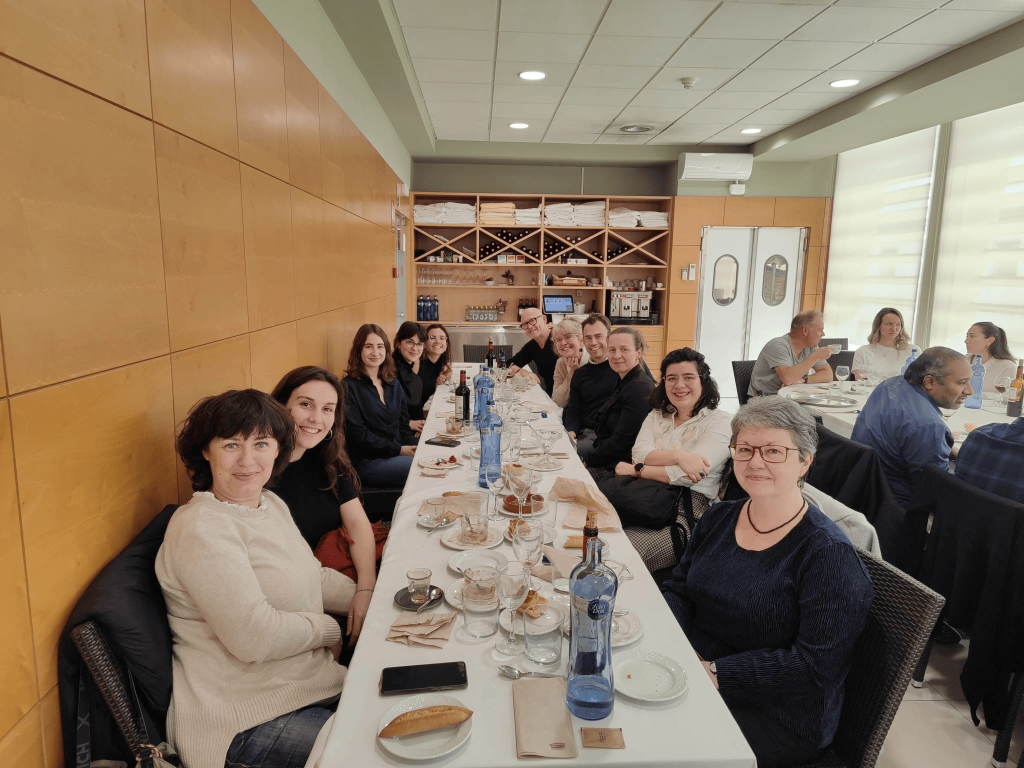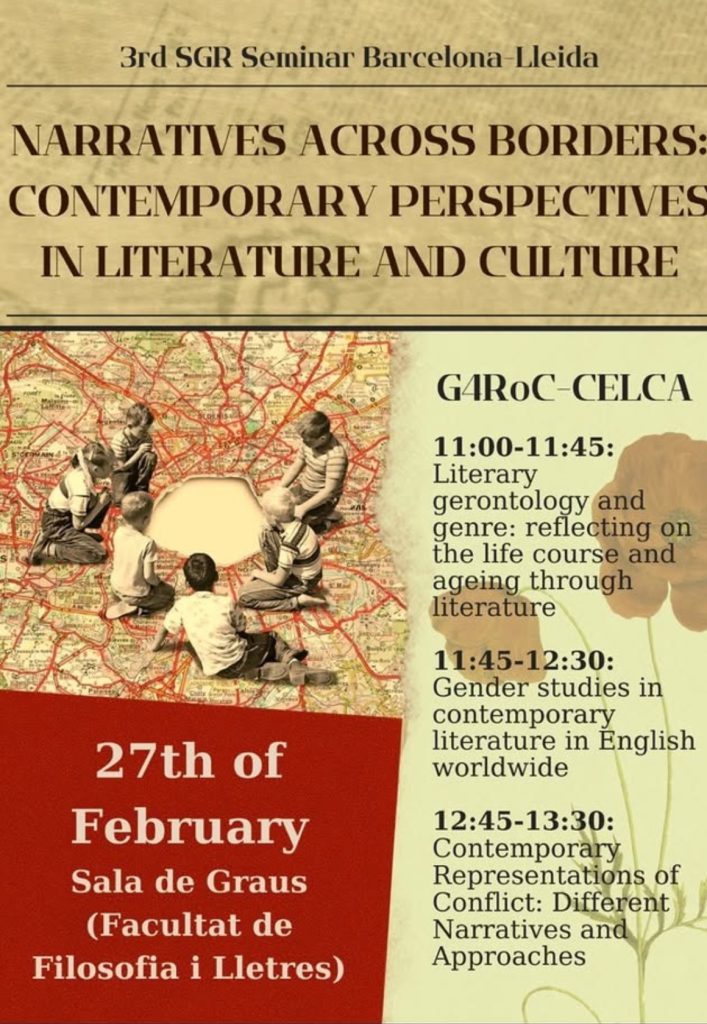I am very pleased to share that on 28 November I had the pleasure of serving on the examination board for the doctoral defence of Enas Talib Farid Hamidi, who successfully defended her thesis, “Breaking Down Barriers: Addressing Cultural Factors in Language Learning for Syrian Women Refugees in the UK,” in the Doctoral Programme in Humanistic Studies at the Universitat Rovira i Virgili (Tarragona). The thesis was supervised by Dr Bellot.
Although Enas’s project does not fall strictly within my own field of literary and cultural studies, it speaks directly to many of the ethical and political questions that inform my work on memory and displacement. Hamidi’s research focuses on the gendered barriers and cultural constraints faced by Syrian refugee women over 30 as they try to rebuild their lives in the UK, learn English and manage everyday communication after experiences of forced migration and traumatic upheaval.
Drawing on quantitative and qualitative data from 115 participants and 19 ESOL teachers, Hamidi examines how traditional gender roles, limited access to formal education, social isolation, age-related challenges and the psychological impact of war intersect to shape these women’s language-learning trajectories. At the same time, she shows how many of them develop creative strategies to engage with English in their daily lives (through mobile phones, social media and informal conversations) turning language into a tool for agency, connection and future possibility.
For me, one of the most compelling aspects of this thesis is the way it foregrounds the voices and lived experiences of Syrian refugee women, reminding us that language learning is never just a technical skill. It is related to questions of gender, care, visibility and belonging.
It was a real pleasure to be part of this examination board, and I warmly congratulate Dr Enas Talib Farid Hamidi on her achievement and on a thesis that builds important bridges between language education, gender justice and refugee studies.
